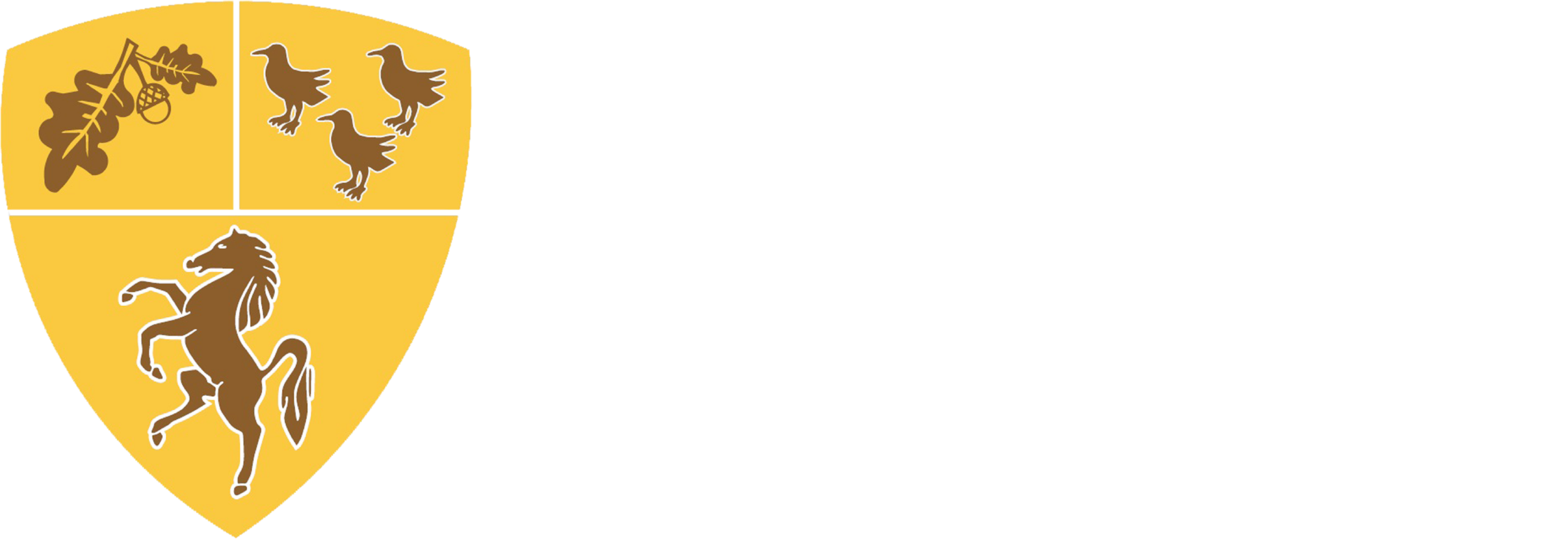About Us
At Blean School we have established a safe, creative and vibrant environment where children feel challenged and supported in their learning; achieving high levels of well-being and academic success. We aim to nurture and develop mutual respect, tolerance, teamwork, perseverance and good manners. Our dedicated and talented team of staff inspire and motivate all children throughout their respective learning journeys. Personal achievements are valued, equipping each child to realise their potential.
Our Values
Our Blean School Values were planned and chosen by all of our stakeholders, and deliberately create and maintain a positive and supportive learning environment where children and adults are disposed to operate with emotional intelligence. Our Blean School Values produce opportunities for every child and adult in our learning community to learn, demonstrate and practise lifelong learning attributes. We are indebted to Guy Claxton and his book ‘Hare Brain Tortoise Mind’, Allistair Smith and Nicola Call (1999) and the ‘Emotional Intelligence’ research of Daniel Goleman (1996) for their inspiration. The Blean School Values are;
Responsibility
In the context of our Blean School Values, and the research of Daniel Goleman (1996), responsibility is the recognition that actions have consequences, and the ability and willingness to consider fully those consequences before an action is taken. Managing impulsivity, delaying immediate gratification and thinking in terms of success outcomes are characteristics of the responsible learner. So too is the ability to empathise and to see things from multiple perspectives. Responsibility is about locating one’s own actions within a wider scheme of things.
Curiosity
We are naturally curious creatures. If we can tap into this innate tendency and capture the imagination of our students, then we can maximise their interest and engagement. There are many advantages to building curiosity in the classroom, such as:
- Triggering motivation through curiosity gets students asking questions. Most students ask too few questions. When they do ask questions they instantly become more engaged.
- Curiosity keeps students on their toes. The teacher who uses it is being creative and building the students’ creativity too.
- Stimulating curiosity is an essential habit of the mind to develop. Students may take their new-found curiosity into other aspects of their lives.
Resourcefulness
To be resourceful is to be able to adapt to different learning challenges. This is about having the tools of a good learner and the skills with which to deploy those tools. To be resourceful is also to be able to willing to take the risk of learning, which may involve revealing ignorance or making mistakes.
Resilience
Resilience means being able to persist in the face of frustration or setbacks or when complexity is seemingly overwhelming. Metacognition, the ability to engage with and be curious about one’s own thinking, is the sign of a resilient learner. The resilient learner has developed a range of coping strategies, and does not internalise or externalise blame. The coping strategies of a resilient learner are bolstered by a positive self-image, which in turn emerges from high self-esteem. This allows the resilient learner to be able to place failure in context and to be able to see possibilities for learning with the experience. To a child or adult with resilience ‘there is no failure, only feedback’.
Collaboration
A collaborative learning approach involves pupils working together on activities or learning tasks in a group small enough for everyone to participate on a collective task that has been clearly assigned. Pupils in the group may work on separate tasks contributing to a common overall outcome, or work together on a shared task.
Collaborative learning is defined as learning tasks or activities where pupils work together in a group small enough for everyone to participate on a collective task that has been clearly assigned. Each student can then achieve his or her learning goal if and only if the other group members achieve theirs. Cooperative learning can result in better achievement, improved intergroup relations, enhanced self-esteem, and positive attitudes.

